
A large class of pain relief medications has been found to negatively impact fertility in as little as 10 days of use.
NSAIDs and Fertility
There has been evidence for over a decade that chronic use of non-steroidal anti-inflammatory drugs (NSAIDs) such as aspirin, ibuprofen (Motrin, Advil), naproxen (Aleve), celecoxib (Celebrex), diclofenac and others can reduce fertility by disrupting ovulation. More recent research has shown that even short term use of NSAIDs can inhibit ovulation with effects seen after just ten days of use.
NSAIDs interfere with ovulation by disrupting production of prostaglandins necessary for follicle development and ovulation. This disruption leads to a condition called luteinized unruptured follicle (LUF) syndrome. This condition results in women experiencing all the typical clinical signs of ovulation but does not result in the rupture of follicle and release of an egg at ovulation.
A 2015 study found that women taking naproxen (Aleve) for 10 days decreased the rate of ovulation by 75% and in women taking diclofenac, ovulation decreased by a startling 93%. In these women progesterone levels dropped also, likely as a result of the lack of ovulation.
Luckily the fertility-reducing effects of NSAIDs are temporary, with ovulation occurring normally in the next cycle for all the women in this study.
NSAIDs and Miscarriage
A further caution for women attempting to conceive: A 2011 study from the University of Montreal found that the risk of miscarriage is 2.4 times higher for women who took any type and any dose of NSAIDs in early pregnancy. Non-aspirin NSAIDs has also been shown to increase the risk of major congenital defects.
Safe Pain Relievers in Pregnancy and Fertility
Acetaminophen (Tylenol) is the only recommended pain reliever in pregnancy. It is recommended for intermittent and short-term use only. Speak to your Naturopathic Doctor about natural pain relief in pregnancy as natural anti-inflammatories such as fish oil are not only safe in pregnancy, but can also benefit both mother and the developing fetus.
References
European League Against Rheumatism. “Non-steroidal anti-inflammatory drugs inhibit ovulation after just 10 days.” ScienceDaily. ScienceDaily, 11 June 2015. <www.sciencedaily.com/releases/2015/06/150611082124.htm>.
Nakhai-Pour HR, Broy P, Sheehy O, and Bérard A. Use of nonaspirin nonsteroidal anti-inflammatory drugs during pregnancy and the risk of spontaneous abortion. CMAJ, September 6, 2011
Mendonca LLF, Khamashta MA, Nelson-Piercy C, Hunt BJ and Hughes GRV. Non-steroidal anti-inflammatory drugs as a possible cause for reversible infertility. Rheumatology;2000, 39(8):880-882.
Stone S, Khamasta MA, Nelson-Piercy C. Nonsteroidal anti-inflammatory drugs and reversible female infertility: is there a link? Drug Safety;2002;25(8):545-51.
Gaytan M, Morales C, Bellido C, Sanchez-Criado JE, Gaytan F. Non-steroidal anti-inflammatory drugs (NSAIDs) and ovulation: lessons from morphology. Histology Histopathology;2006;21(5):541-56.
Disclaimer
The advice provided in this article is for informational purposes only. It is meant to augment and not replace consultation with a licensed health care provider. Consultation with a Naturopathic Doctor or other primary care provider is recommended for anyone suffering from a health problem.


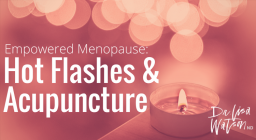

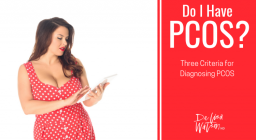

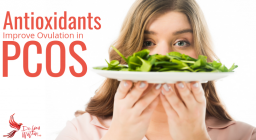
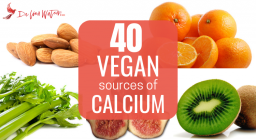
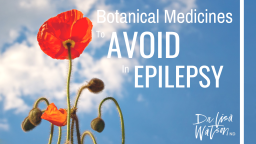

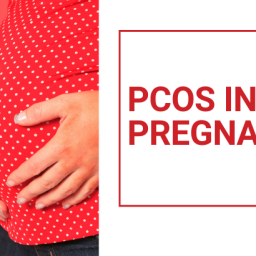

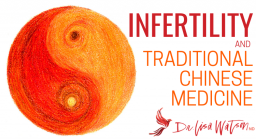
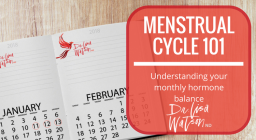
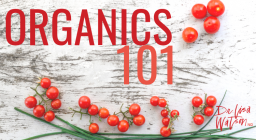
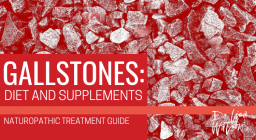
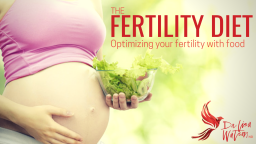
[…] to suffer. For women trying to conceive with endometriosis they pose an additional concern – NSAID use has been associated with luteinized unruptured follicle (LUF) syndrome – a condition where the […]